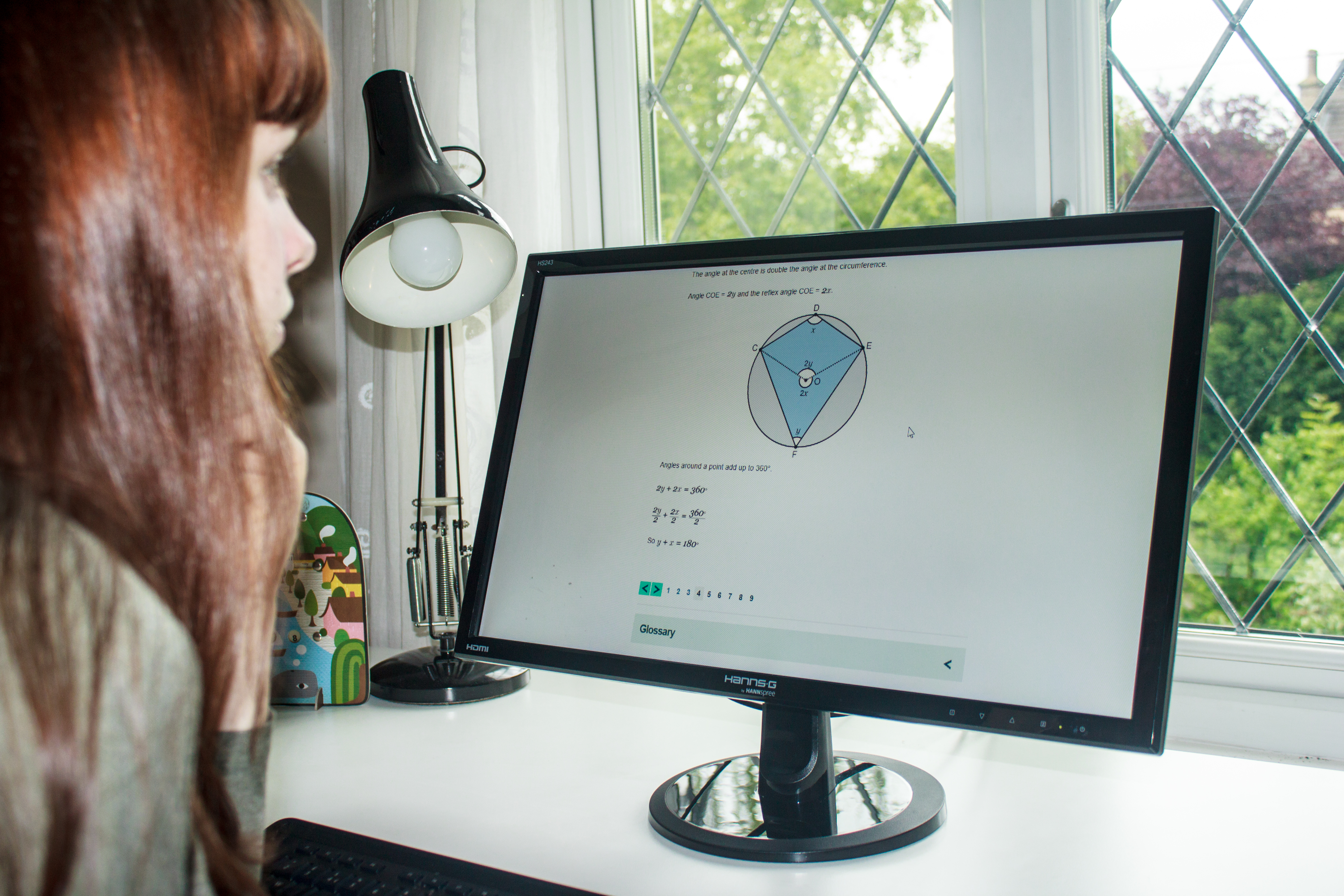Adult GCSE and A level students are at risk of falling through the cracks of England’s exam system
We need a national examination system that works for everyone.
This is in line with OFFA’s (Office for Fair Access) most recently published annual report, which criticises the higher education sector for ‘failing to do enough to encourage mature students and those taking part-time courses. Both groups have seen the biggest falls in participation since tuition fees were raised to £9,000 in 2012, and are showing few signs of recovery.’
NEC is speaking up for adult learners on the last day of the 2017 Festival of Learning, organised by the Learning and Work Institute. The festival is an annual celebration of the achievements of thousands of adult learners across the country.
The distance learning charity argues that if the government is to be successful in widening participation in higher education by people over the age of 21 and halting the decline in the numbers of mature and part-time students, it needs to make practical support for adults who have left compulsory education a priority.
If adults are to access the qualifications they need to progress further in education and at work, the barriers that for many act as a deterrent to studying essential GCSEs and A levels need to be removed.
Removing barriers to accessing GCSEs and A level qualifications would also help increase the numbers of people studying STEM subjects and contribute to the government’s targets for recruiting teachers and nurses.
NEC’s five-point plan to remove the barriers faced by independent learners
Barrier 1 - Finding an exam centre willing to accept private candidates
Schools and colleges are not required to accept exam entries from private candidates. As a result, private candidates studying GCSEs and A levels often struggle to find an exam centre in a school or college that will allow them to sit their exams alongside other students.
The solution: exam boards be required to sponsor and operate fairly-priced open exam centres for all students not studying at a school or college who want to sit GCSEs and A levels.
Barrier 2 - The cost of entering for A level science practical endorsements
As well as paying out of their own pocket for their course and exam fees, private candidates studying science A levels also have to pay several hundred pounds per subject to take the practical endorsement.
The solution: the proposed open exam centres offer science practical endorsements for biology, chemistry and physics, with government bursaries available to help students fund the cost.
Barrier 3 - Exam centre requirements for candidates who need access arrangements
Complex supporting document requirements for exam centres that make entries for private candidates who require access arrangements are obtuse, hard for candidates to understand, and in some cases difficult to acquire. The accommodations that learners need are not always available at exam centres. As a result, the centres cannot accept entries from private candidates who need access arrangements..
The solution: candidates needing access arrangements would be better accommodated in the proposed open exam centres.
Barrier 4 - Publication of exam results
The exam results of people who sit GCSEs and A levels each year as private candidates are not published separately from the results of young people studying at school or college.
The solution: exam boards should be required to report on the results of people who enter the exams as private candidates separately from the results of candidates from schools and colleges.
Barrier 5 – The status of AS levels
AS level results no longer contribute to a student’s final A level grade. That means the decision to take an A level is significant both in terms of financial investment and time commitment for students fitting in study with a career or caring responsibilities. The ‘all or nothing’ linear A level is a deterrent, especially for less confident students.
The solution: a return to the modular system of AS and A levels so a student’s AS level result can contribute to their A level result and they can enrol first for AS level and subsequently for A level.
NEC Chief Executive Dr Ros Morpeth says:
‘Education policy makers and the organisations that make up England’s exam infrastructure rarely give a second thought to independent learners taking GCSEs and A levels under their own steam. As an organisation working with distance learners every day, NEC wants to show that a small number of practical changes could make a big difference to thousands of people and help the government make progress in achieving its higher education and skills objectives.
‘When people take the decision in their twenties, thirties and beyond to return to learning, they make highly motivated students. All of us in adult education need to do everything possible to encourage adults to carry on learning, and find ways to remove the barriers that are deterring some older people from even taking the first step towards GCSEs and A levels. We need a national examination system that works for everyone.’
Speakers at today’s Festival of Learning Parliamentary Reception include Robert Halfon MP, Chair of the Education Select Committee, and David Lammy MP, former Shadow Minister for Higher Education and Intellectual Property.
Hashtags: #speakupf4AdultEd #adulteducation
Press release distributed by Pressat on behalf of The National Extension College (Part of the Open School Trust), on Wednesday 1 November, 2017. For more information subscribe and follow https://pressat.co.uk/
GCSE A Level Distance Learning Students Qualifications Mature Students Exams Exam Boards National Extension College NEC Charities & non-profits Education & Human Resources
Published By

0800 389 2839
marketing@nec.ac.uk
https://www.nec.ac.uk/
Visit Newsroom
You just read:
Adult GCSE and A level students are at risk of falling through the cracks of England’s exam system
News from this source:


